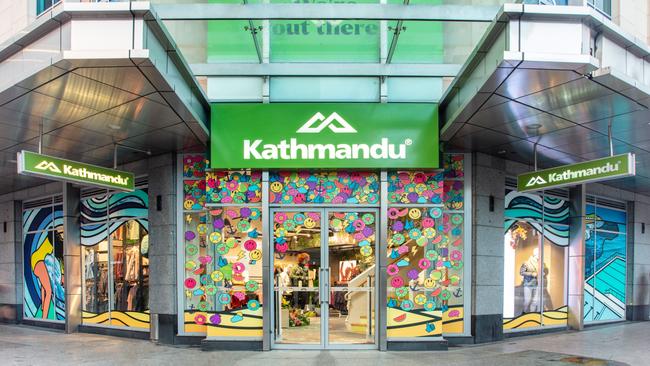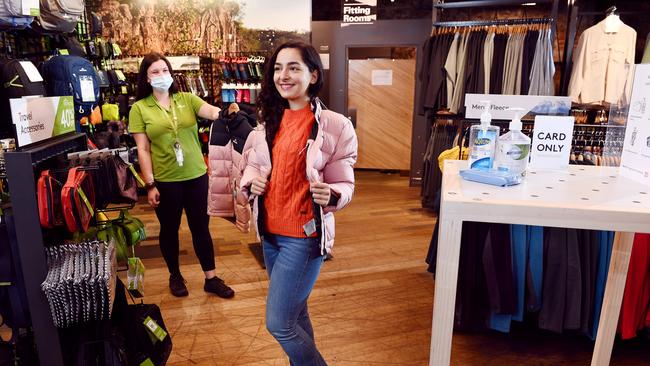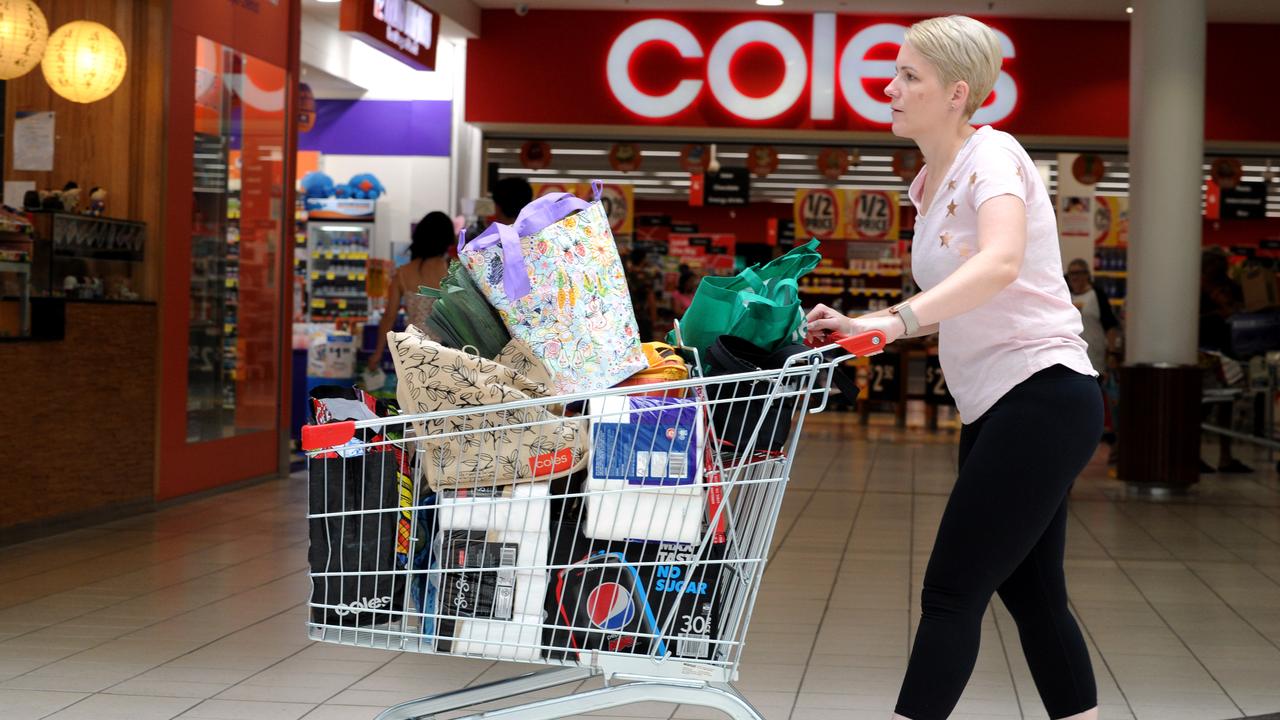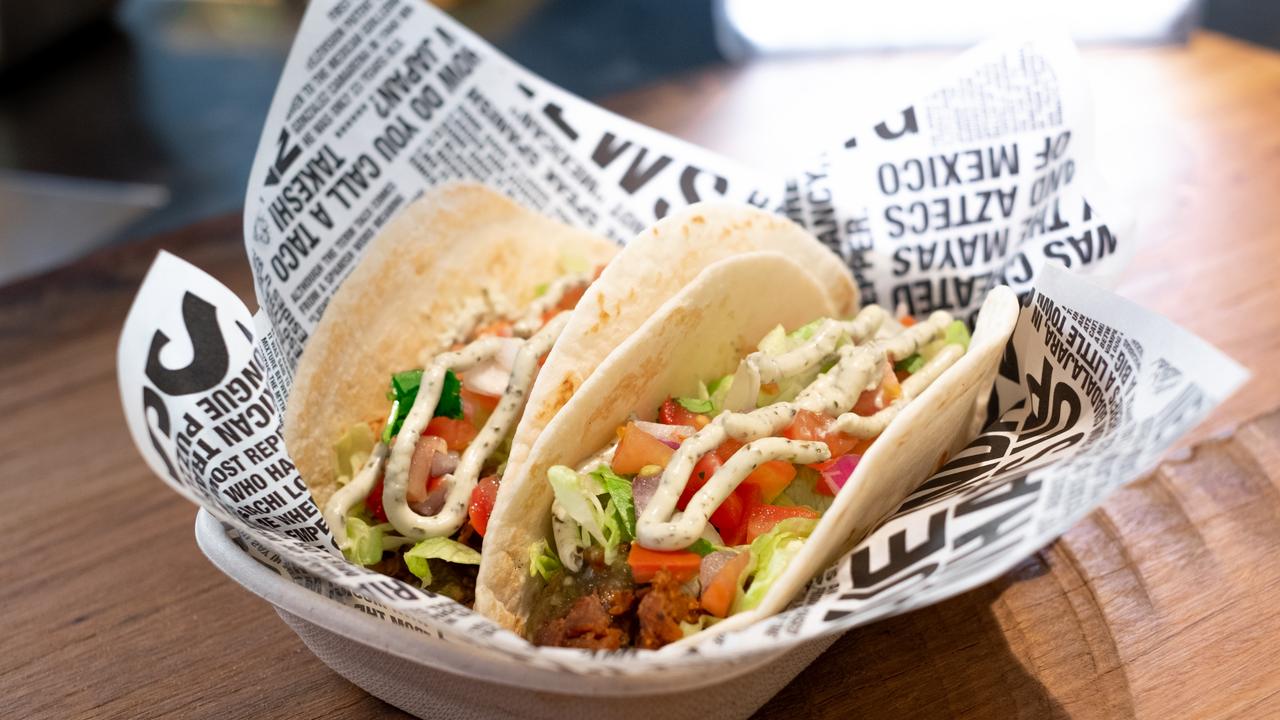Kathmandu, Rip Curl, Oboz return to profit after pandemic
The retailer, which also owns Rip Curl, has returned to profit after its businesses were rattled by the pandemic that saw factories closed and a shortage of wetsuits.

The chief executive of KMD Brands, the retailer that owns the Kathmandu chain, surfwear brand Rip Curl and footwear business Oboz, believes the business is riding a wave rebounding travel and tourism that is driving strong fashion, apparel and footwear sales from Australia to Hawaii.
Michael Daly said his shoppers are also showing no signs of trading down to cheaper adventurewear, surfing and hiking products or filling their baskets with less items in the face of economic headwinds such as rising interest rates and soaring inflation with the strength of KMD’s global brands proving resilient.
“The general consumer appears to have been really resilient. I think we make products that are specifically for a purpose, whether it be surfing, whether it be a new jacket you need because of the rain or a new jacket you need for the cold so I think that helps and gives us probably a little bit more resilience or, I guess, insurance.
“So from that point of view that positions us well. We haven’t seen any obvious signs of distress, I wouldn’t say our average baskets or any or units per transaction have changed much at all to be honest.”
It came as KMD revealed on Wednesday that it had returned to growth in the first half of 2023 after the Covid-19 pandemic clobbered the retail, tourism and sports industries that saw shortages of wetsuits, shuttered factories and other disruptions to its business.
The company on Wednesday reported that first-half revenue rose 34.5 per cent to $NZ547.9m ($A509.5m) as net profit lifted 352.2pc to $NZ13.977m.
KMD witnessed continued sales growth for Rip Curl, strong Australian recovery for Kathmandu, and record first half sales for Oboz. It said that gross margin remained resilient, increasing 100 basis points for the half.
That improvement had pushed into the new year a trading update provided with the latest financial results showing Rip Curl sales up 18 per cent from January to the end of February, Kathmandu sales up 47.8 per cent and Oboz sales up 161 per cent.
KMD was booking increased purchases from inbound tourists and increasing customer intention to resume outbound international travel, the company said.
Mr Daly, speaking from Auckland, New Zealand where he said he could see two large cruise ships in the bay, said tourism and travel had rebounded since the pandemic had started to wane and this was helping to lift sales across his leisure, outdoors, camping and hiking retail businesses.
“We are definitely seeing that the consumer is out and about, spending and travelling and we are really well positioned in that ongoing focus on travel and, all of our brands are well positioned for that because we make products specifically for travel and we have stores in locations where people want to travel.”
At its Rip Curl surfwear brand, sales rose 18 per cent to $NZ306.4m as earnings rose 11.4 per cent to $NZ37.6m. Direct-to-consumer sales growth was particularly strong in Australasia following lockdowns last year, and Hawaii with the return of international travel. Direct-to-consumer same store sales including online rose 13.9 per cent. Online traffic reduced year on year cycling Covid lockdown boost last year. Sales remain significantly above pre-Covid-19 levels.
At its Kathmandu stores, sales rose 51.2 per cent to $NZ194m and there was a swing back to a profit of $NZ12.3m against a loss in 2022 of $NZ18.3m. In Australia, its largest market, sales rose 59 per cent. For its Oboz footwear brand, which suffered from temporary closed factories during the pandemic, sales rose 124.3 per cent to $NZ47.5m as earnings were back into profit of $NZ2.9m.
KMD declared a flat interim dividend of 3 NZ cents per share, payable on June 30.
“We achieved record sales results for the group, highlighting the strength of our global brands. For the first time since Rip Curl was acquired, the group has experienced a full 12 months of trade without significant interruption from the Covid pandemic, which resulted in group sales of over $1 billion,” Mr Daly said.
“Despite uncertainties in consumer outlook, all three of our brands – Rip Curl, Kathmandu, and Oboz – delivered strong sales growth in the half, and as a group we have improved our gross margin.”

Mr Daly said the company had a healthy balance sheet, and expectations for strong cash flow generation in the second half.
“We are in an excellent position to execute on our growth strategy through expanding our global footprint, investing in digital platforms, leveraging operational excellence, and leading the industry through sustainability and innovation.”
Mr Daly conceded KMD Brands was carrying higher inventory than usual but the retailer had decided to accumulate more stock following wetsuit and some hiking shoes shortages through the pandemic.
KMD shares closed up 1.1 per cent at 95c.





